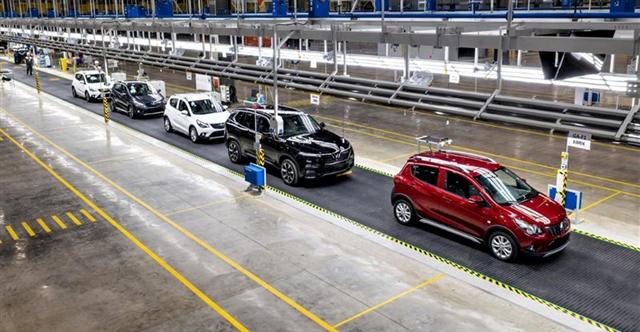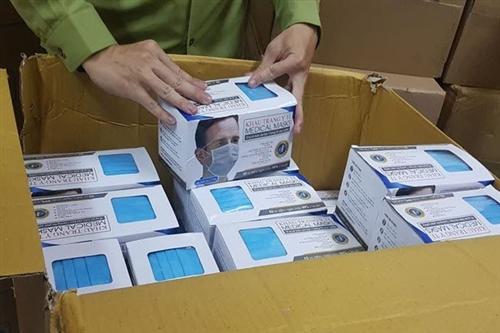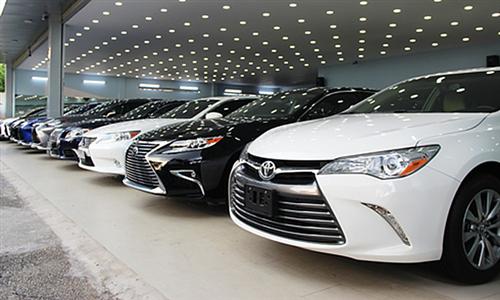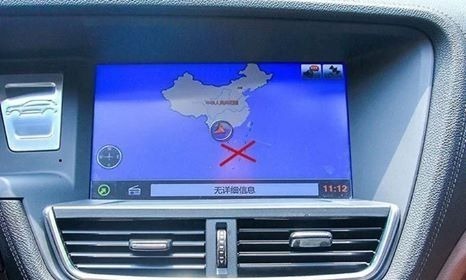Vietnam eases grisp on car import
Vietnam eases grisp on car import
As Vietnam is deepening global economic integration, competition is inevitable, which leads to the government's decision to ease restrictions on car import.
The Vietnamese government took a significant step in easing restrictions on car import after removing the requirement for vehicle type approval (VTA).

Illustrative photo.
|
The move is regulated in Decree No.17, which was issued on February 5 to revise a number of clauses in Decree No.116 -- effective in 2017 -- regulating conditions and licenses for automobile manufacturing, assembling, importing, maintenance, and warranty businesses.
VTA was the main restriction leading to a plunge in the number of imported cars to Vietnam from late 2017 to early 2018 as countries with large volumes of car shipments to Vietnam, including Thailand and Indonesia, do not grant such a certification.
In addition to removal of VTA requirement, Decree No.17 also simplifies customs clearance process for imported cars by reducing the frequency for quality control process for shipments of the same car models. The move would help reduce time for customs clearance and expenses for car imports.
Decree No.116 was considered a non-trade barrier to control the number of cars imported into Vietnam, especially after the ASEAN Trade in Goods Agreement (ATIGA) took effect in the beginning of 2018, eliminating automobile import tariffs.
However, as car importers started getting VTAs, the number of imported cars into Vietnam has risen sharply, leading to fierce competition between domestically-assembled car producers and importers.
Over the past few years, the Vietnamese government has been providing supportive policies for the development of the domestic automobile industry. However, as the country is further integrating in global economy, competition is inevitable and Decree.116 could only restrict the wave of imported cars in a short period of time and was not a long-term solution.
























